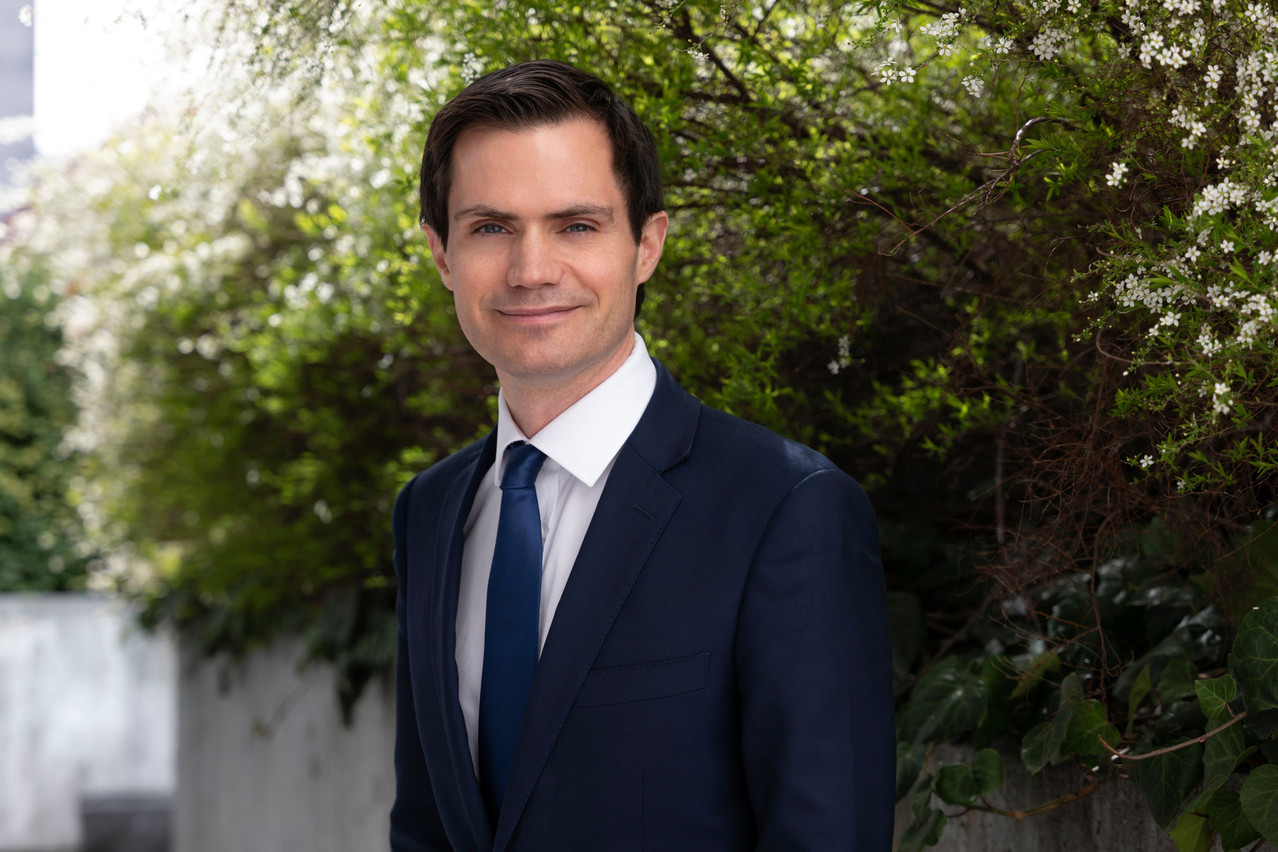“We want to [invest in] companies that help to regenerate ecosystems, and create more resilient societies,” said Gabriel Micheli from Pictet Asset Management during a presentation in Luxembourg on 21 June 2023. Micheli explained that biodiversity is key to mitigate climate change.
Improving biodiversity is good for economic growth
Reporting on the , Pictet noted that the world has lost 69% of its vertebrates over the last 50 years. Yet, a report from the outlines that more than 50% of the world’s GDP is “moderately or highly dependent on nature and its services.” In other words, nature loss negatively impacts economic output.
Micheli observed that “all big food companies are talking about regenerative agriculture [to] improve the way [crops] are being cultivated.” is a and rehabilitation approach to food and farming systems aiming at the regeneration of topsoil, the improvement of and the , the enhancement of our and the support of .
“Nestle wants to have 50% of its sourcing by 2030 based on [regenerative agriculture],” reported Micheli. Fast enough? Referring to various UN and NGO reports, Pictet reported that only 7.2% of used resources are recovered or recycled. Therefore, the potential for progress from every economic actor is steep.
Improving green credentials not good enough for the fund
Micheli stressed that the fund in not investing in companies in a sustainability transition. The firm sees itself playing a role in reversing this trend by investing in companies having activities counteracting the negative effects on biodiversity--now.
Yet he understood that their impact is still indirect. “There are not many companies making money by just replanting trees or re-introducing animals.”
Without giving details, Pictet has developed a methodology scoring companies based on the , which sets limits on nine variables: loss of biosphere integrity, stratospheric ozone depletion, chemical pollution, climate change, ocean acidification, freshwater consumption and the global hydrological cycle, land conversion, nitrogen and phosphorus flows to the biosphere and oceans, and atmospheric aerosol loading. The transgression of these ceilings is reported to increase the risk of “large scale abrupt or irreversible environmental changes.”
We only invest in quite pure companies that don’t have a negative impact today
He added that “social formation” is key to the success of the various environmental initiatives. The population must see some observable benefits. “If people don’t have the awareness of the environmental issues, the system won’t be stable.”
From a degenerative to a regenerative economy
Moreover, Pictet has identified five principles that drive their investment process and it has built a universe of around 50 companies that are expected “to grow at a higher rate than the rest of the economy […] and help the fund outperform over time.”
Companies must use less (narrow), use for longer (slow), and reuse (loop) to enable a circular economy. The other two principles aim to relieve the pressure on the ecosystem (renew) and “satisfy the social basic needs” (empower). Micheli claimed that their investment process looks through the “full lifecycle” of companies’ operations, including its input and output.
The regeneration framework, Micheli stressed, aims at achieving a sound balance of all the above principles coupled with “very good financial fundamentals.” However, “we only invest in quite pure companies that don’t have a negative impact today” as opposed to companies that have plans to improve their sustainability profile.
Snapshot of investments in the portfolio and on their radar
Micheli named some companies he claimed comply with their self-imposed guidelines. Copart, for instance, buys and sells parts from cars involved in accidents (slow, use longer). Indigo, which is still privately owned, is a “renew” company active in regenerative agriculture as it pays “farmers to store carbon into the soil.” Pictet sees Weyerhaeuser, the largest forestry company in the world, as a contributor to biodiversity given the sustainable management of its forests (renew).
In the “empower” space, Micheli talked extensively about Bank Rakyat from Indonesia, which offers microcredits to more than 60m people in more than 53,000 villages across the archipelago. He explains that the bank has a special programme for women: women, he thought, care the most about the environment. Importantly, he mentioned that the company imposes restrictions on deforestation.
To set them apart from the competition, Micheli argued that Pictet has a specialist in engagement with companies and a former academic, expert in environmental analysis, who is a key contributor to their methodology. Pictet plans “to publish [its methodology] in [specialist] journals to have it vetted by the best people in the world.”
This article was published for the Delano Finance newsletter, the weekly source for financial news in Luxembourg. .

